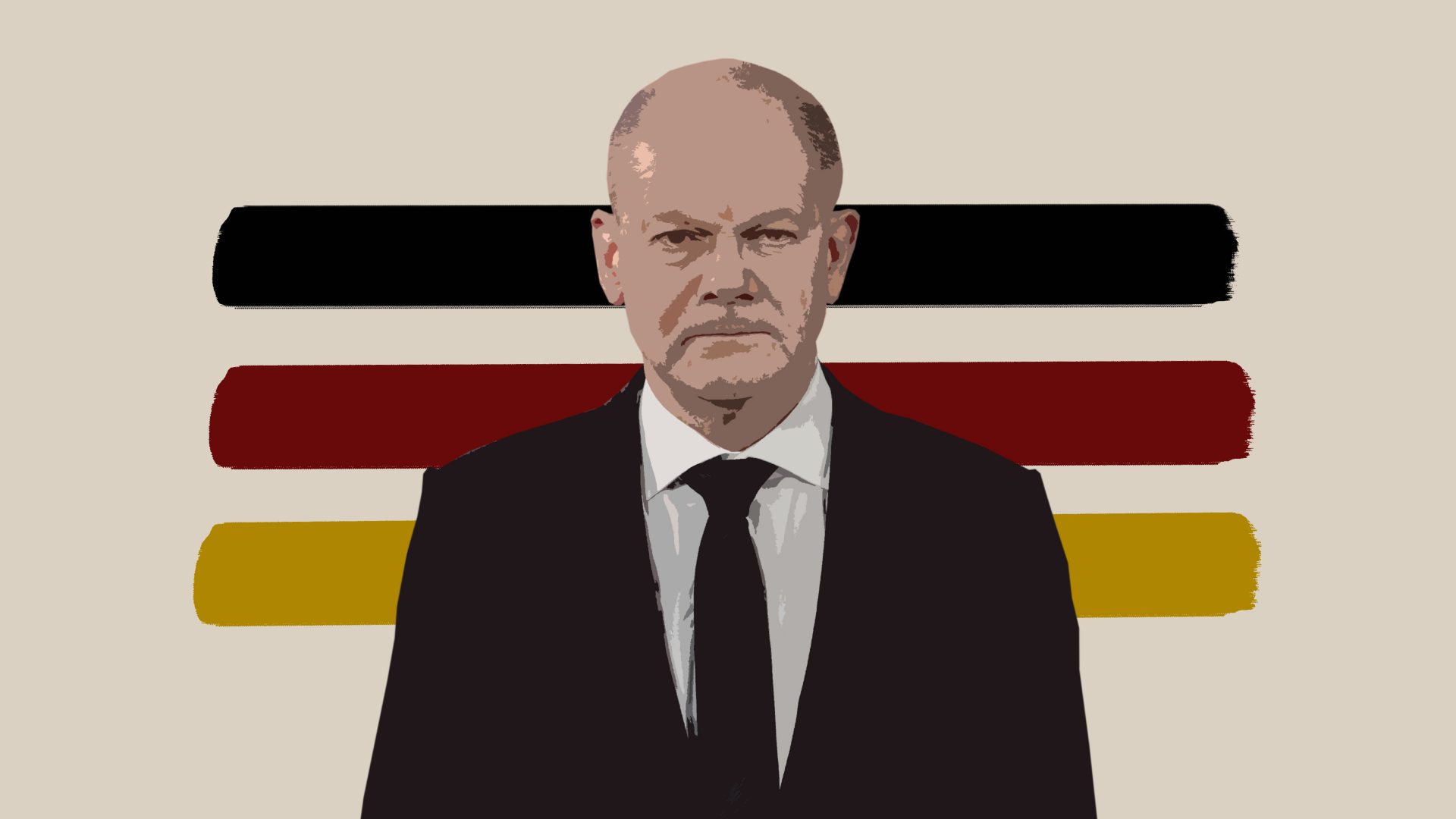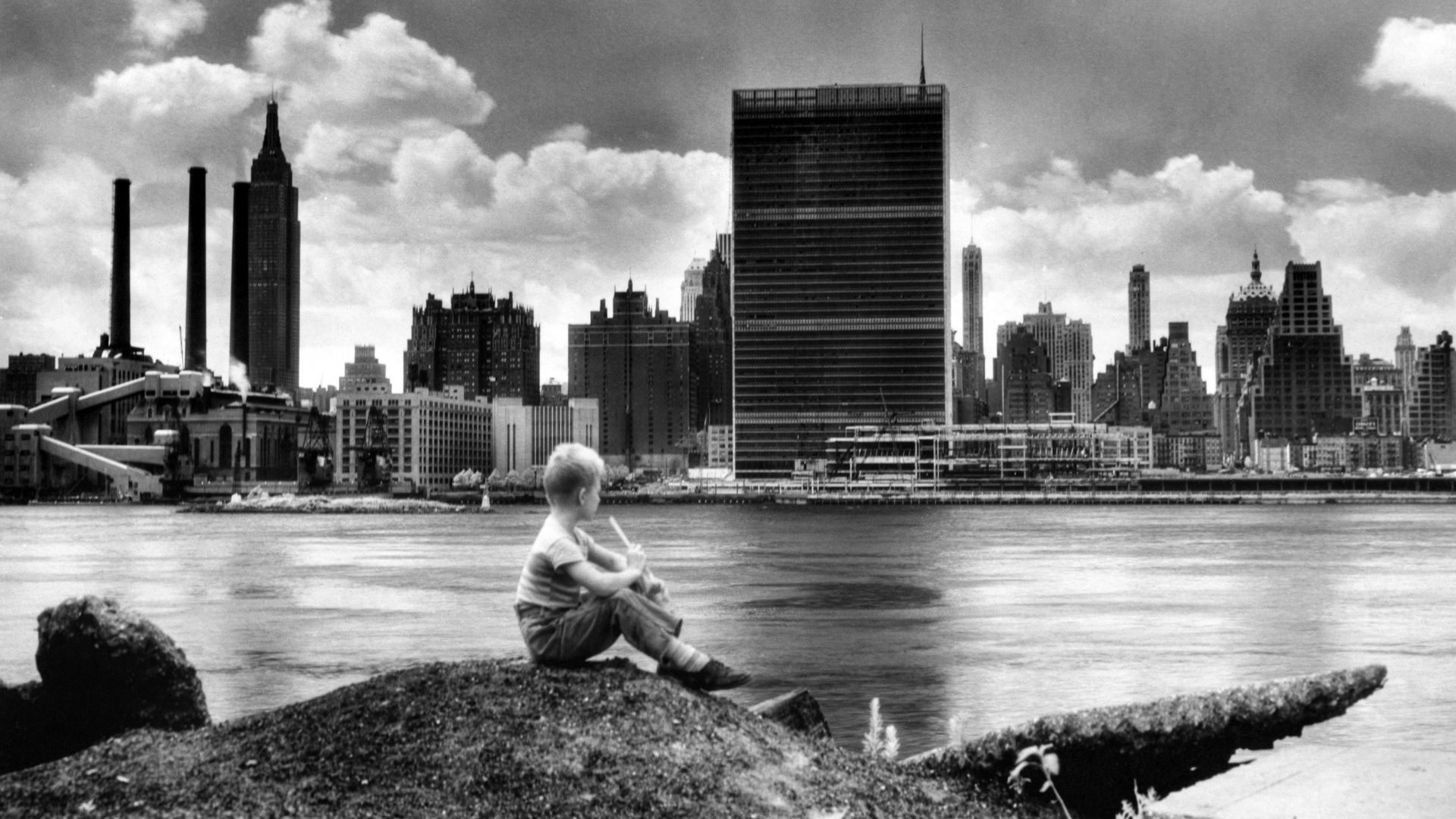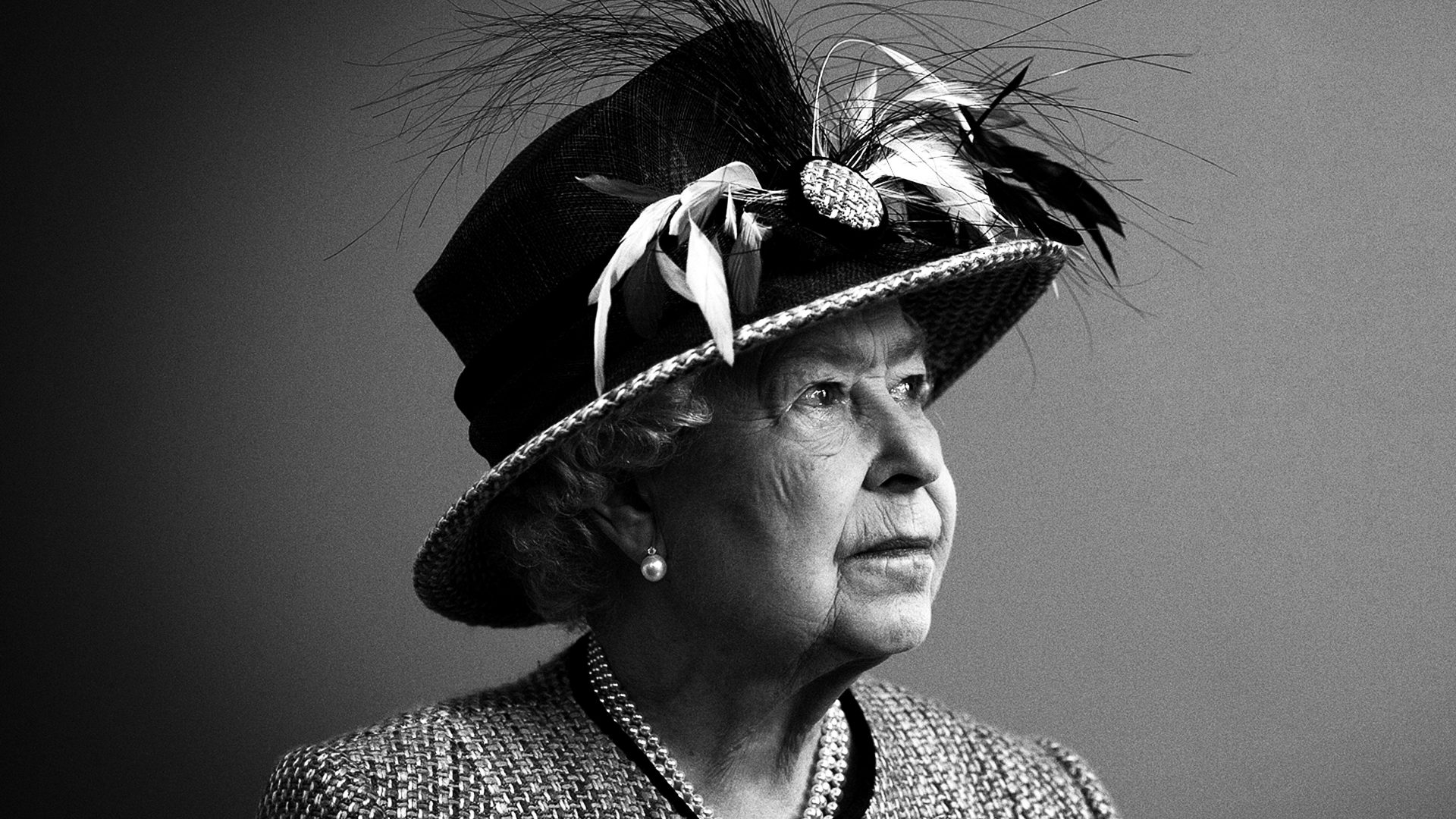On Sunday, while the horrors of Bucha were reported on every channel, Berlin saw a parade of hundreds of cars decorated with Russian and Soviet flags.
The protestors asked to stop the “hate against Russia”.
Others, more convincingly, accuse the German administration of the opposite: having schmoozed up to Russia for too long, thereby ill-treating our eastern friends and allies. Politicians from these states all share stories about run-ins with German and European officials in the last 30 years: about being lectured on the Russian soul, on the German “Ostpolitik” and on how best to deal with the Kremlin, while simultaneously showing disregard and cluelessness about the countries’ individual history and suffering.
A particularly embarrassing display of haughtiness was recently demonstrated by Bundespräsident Steinmeier’s spokesperson, Cerstin Gammelin, who addressed the Ukrainian ambassador Andrij Melnyk on Twitter. In six blasé tweets she publicly bemoaned his refusal to join a solidarity concert by the Berliner Philharmoniker with musicians from Ukraine, Belarus and Russia and condescendingly ended: “It is a pity we cannot send this signal together.”
A credible signal of German solidarity would of course be more weapons’ supplies, not the president in a concert hall. Especially Steinmeier, who is also Germany’s former Foreign Minister, Putin-buddy Schröder’s closest political ally and record holder in the discipline of wishful thinking toward Russia.
Even after the annexation of Crimea Steinmeier criticised Nato manoeuvres in Eastern Europe as “sabre rattling”. Only a year ago he basically claimed we owed Nordstream2 to Russia because of the German attack on the Soviet Union. Did he miss that this same attack hit countries such as Poland and Ukraine, both fervent opponents of Nordstream2?
And yet to demand the ambassador’s presence at a Kumabaya-like effort of German harmony – that’s how you treat “Ostuntermenschen”. I quote the term used by Estonia’s former president Toomas Hendrik Ilves. He told me that “Ostuntermenschen” was jokingly used in his circles to describe how his countrymen and -women feel they are treated, by us, to this day. And we don’t even realise.
Ilves was born in Stockholm, where his parents had sought refuge when the Soviets occupied Estonia after the Molotov-Ribbentrop-Pact. He grew up in the US, worked as a journalist in Germany, then served his country after its independence and is thus brilliantly qualified to discuss our Russlandpolitik.
Germans (and others) will not like what he has to say.
“There’s a long history of being discounted. It’s not just Estonia constantly being told that we don’t know what we’re talking about while Germany, in its wisdom, knows it all.” Ilves, who has recently welcomed Ukrainian refugees into his home, gives example after example of being told off by senior German officials since the 1990s whenever it came to Russia.
He also recalls: “Helmut Kohl did once attend a Council of Baltic Sea States summit in Riga, but did not meet bilaterally. The Baltic states were in incredible pain because of this ‘gratitude to Russia’ approach. You think that having occupied the Baltic states for three years might have been kind of a reason to visit. But no.”
Later, Nato contingency plans were blocked by Germany and other countries until 2012 – because Moscow might have been offended. Chancellor Merkel’s government instead pushed hard for Nord Stream 2. Ilves: “It does not speak well of her real concern about the threat. When it came to Russia, it was purely mercantile interests. That’s probably true for China as well. No concern about security, no concern about ethics.”
He adds: “There’s a huge amount of money to be made. And sometimes the guilt thing is used to justify the mercantile aspects.”
I, too, struggle to find other but mercantile reasons to explain why the ‘guilt thing’ is regularly used – by politicians and journalists alike – to justify deals with Russia, but not to serve the interests of countries like Poland or Ukraine, where the killing fields and blood lands of World War 2 lie.
For Eastern Europeans, Ukraine is a déjà vu: “The kidnapping of officials, disappearing them, finding them dead, tortured, the mass deportations, the lies, the horrible cruelty, the mass rapes. Everything we see now we have seen in our own country”, Estonia’s former president says. “It is not that we’re afraid we’re next. But rather we are incredibly upset about this happening in 2022, when these are the stories our grandmothers told us.”
To him, this is the clash with West Europeans, not just Germans: “To us it is all living memory. After having been called Russophobes all these years, the ‘you don’t know how to talk to the Russians’ is not only patronising, but it gets a lot of people angry.” In addition, there is “the fundamental error of thinking that the Russians behave the same way toward the East Europeans as they do toward the West. Yes, they can be very sweet and nice and reasonable to you. Us, they treat like crap.”
So if the Zeitenwende, announced by chancellor Olaf Scholz, were to be real it cannot solely be about security policy, energy supplies and defence spending. There has to be a fundamental change in attitude toward the countries that didn’t have the good fortune to be on the western side of the Iron Curtain.
So far, much as I’d wish to dispel the concerns Toomas Hendrik Ilves shared with me, I cannot. There still is a risk that the appeasement faction not only in Germany will say: Let’s make the Ukrainians give up Donbass and then we’ll have peace. There is also a risk that at the slightest movement on the part of Russia, Germany and others will say: stop the sanctions. Zeitenwende is a big word. I’m not yet convinced we will live up to it.




